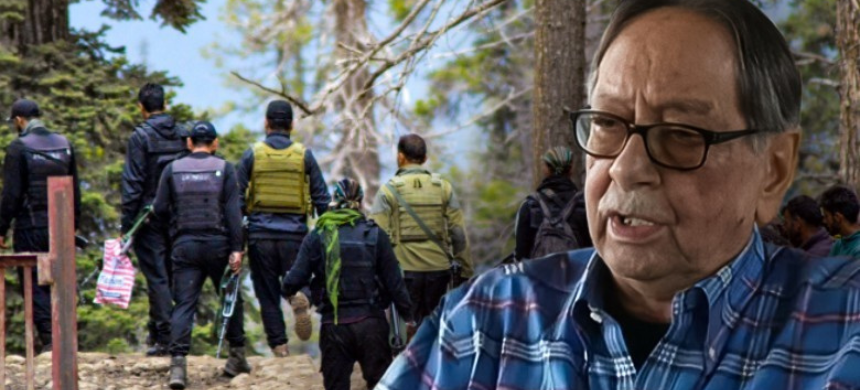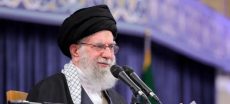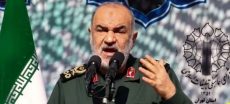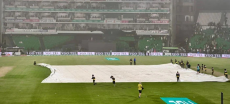Amarjit Singh Dulat, former chief of India’s Research and Analysis Wing (RAW), has stated that the recent Pahalgam attack, which killed 26 tourists, exposed significant failures in Indian security and intelligence. However, he dismissed the idea of a full-scale war between India and Pakistan, emphasizing the need for diplomatic engagement.
In an interview with BBC Hindi, Dulat urged for measured responses, asserting that “war is the last and worst option”—especially between nuclear-armed nations. He suggested that while a surgical strike, like the 2019 Balakot strike, might be warranted, talks remain the ultimate solution. Dulat emphasized that despite the tensions, dialogue should continue, even if it’s through back-channel diplomacy involving countries like Saudi Arabia, Iran, or the UAE.
The attack, which heightened tensions between India and Pakistan, prompted Indian Prime Minister Narendra Modi to vow severe retaliation. Modi’s remarks included promises to hunt down those responsible and grant the Indian armed forces full operational freedom. However, Dulat warned against escalation, citing the severe risks of nuclear conflict.
Read More: Pakistan Intensifies Military Exercises Amid Growing Tensions with India
Pakistan has rejected allegations of involvement in the attack, calling for an impartial international investigation, a stance supported by China. Senior Pakistani officials, including Prime Minister Shehbaz Sharif and military spokesperson Lt Gen Ahmed Sharif Chaudhry, reaffirmed Pakistan’s commitment to peace while cautioning that any military aggression would be met with a strong response.
Dulat admitted that the attack exposed serious security lapses in Kashmir, stating that there was no security in Pahalgam at the time of the attack. He stressed the importance of maintaining good relationships with Kashmiris, as intelligence in the region can only come from them. Dulat also condemned the growing violence against Kashmiri citizens in India, calling it a dangerous narrative and urging rejection of the idea that the Kashmir issue is about Hindu-Muslim divisions.
While the militant group The Resistance Front initially claimed responsibility for the attack, they later retracted the statement. Although India has not officially named a perpetrator, media narratives have largely blamed Pakistan. Dulat acknowledged that presenting concrete evidence to the international community would strengthen India’s position, but he still emphasized the crucial role of diplomacy.
In response to the attack, India implemented retaliatory measures, including suspending parts of the Indus Waters Treaty, canceling visas, and expelling Pakistani diplomats. Pakistan labeled the incident a “false flag operation” and initiated its countermeasures. Dulat supported India’s diplomatic actions, describing them as “appropriate” under the current circumstances.











